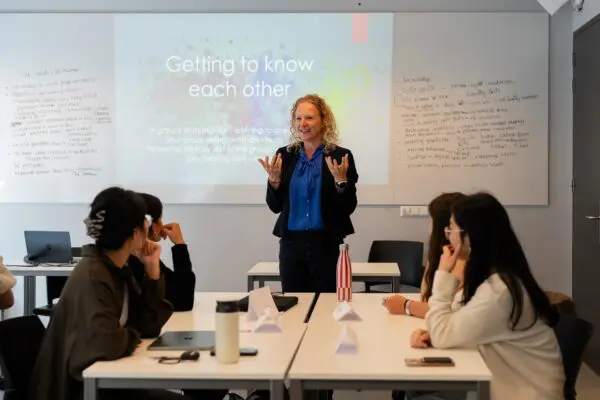
Utrecht, Netherlands
Applied Multivariate Analysis
When:
10 August - 21 August 2026
Credits:
3 EC
Read more
Social Sciences
When:
08 March - 12 March 2021
School:
50th GESIS Spring Seminar: Causal Inference
Institution:
GESIS - Leibniz-Institute for the Social Sciences
City:
Country:
Language:
English
Credits:
3 EC
Fee:
400 EUR

There is a growing expectation from governmental, and non-governmental organisations for social scientists to produce research which are capable of assessing the impact of certain changes to policies or the emerging effects of interventions. Yet, it is often difficult to analyse such changes when traditional experiments cannot be carried out either on the grounds of feasibility or due to ethical constraints. This course will provide participants with a toolkit to analyse so-called 'quasi-experimental' designs and draw causal conclusions using observational datasets.
We have put together a course focused on addressing practical considerations including when certain designs can be credibly employed and how the emerging results can be interpreted. In particular, the five most commonly used families of methods will be discussed: matching, difference-in-differences, instrumental variables, causal mediation, and regression discontinuity designs. We are to demonstrate each of these approaches by discussing existing applications from across the fields of the social sciences. We will also provide a tutorial for the 'R' statistical software and share with the participants the code for the methods covered by the course. We are also going to provide ample opportunity for participants to discuss their research plans, ask for advice regarding their own data, and recommend cutting-edge methods to address their research questions.
Dr. Krisztián Pósch is a lecturer in Crime Science at the Dept. of Security and Crime Science, University College London (UCL). Thiago Oliveira is a quantitative social scientist, currently a PhD candidate at the Department of Methodology, LSE, London.
Participants will find the course useful if:
- They are social scientists (economists, political scientists, sociologists, criminologists, psychologists, etc.) who are planning to engage with non-experimental research designs that will allow them to derive causal estimates. Researchers who plan to use or evaluate robust methods which are capable of going beyond mere associations and establish causal relationships, will greatly benefit by taking the course.
Prerequisites:
- Knowledge of basic statistical concepts, including the principles of null-hypothesis significance testing (NHST), multilinear regression, moderated effects (interactions), and binary logistic regression.
- Basic understanding of designing quantitative studies.
- Background in statistical software is not assumed.
By the end of the course participants will:
- Be capable of designing their own studies to derive causal estimates in observational settings.
- Acquire an in-depth understanding of and the pragmatic (programming) skills to carry out five family of methods: matching, difference-in-differences, instrumental variables, causal mediation, and regression discontinuity design.
- Become familiar with interdisciplinary applications of the methods covered by the course, including the fields of economics, political science, criminology, education, sociology, epidemiology, and so on.
- Be able to engage the contemporary literature of causal inference and identify state-of-the-art methods which might be most relevant to their specific research question.
- Have a good understanding of the potential outcome framework, causal diagrams, and the counterfactual way of thinking.
- Become adept users of the statistical programme, R.
Fee
400 EUR, Student/PhD student rate.
Fee
600 EUR, Academic/non-profit/public sector rate. The rates for this virtual course via Zoom include the tuition fee and course materials.
When:
08 March - 12 March 2021
School:
50th GESIS Spring Seminar: Causal Inference
Institution:
GESIS - Leibniz-Institute for the Social Sciences
Language:
English
Credits:
3 EC

Utrecht, Netherlands
When:
10 August - 21 August 2026
Credits:
3 EC
Read more

Amsterdam, Netherlands
When:
19 July - 06 August 2026
Credits:
6 EC
Read more

Utrecht, Netherlands
When:
13 July - 17 July 2026
Credits:
1.5 EC
Read more